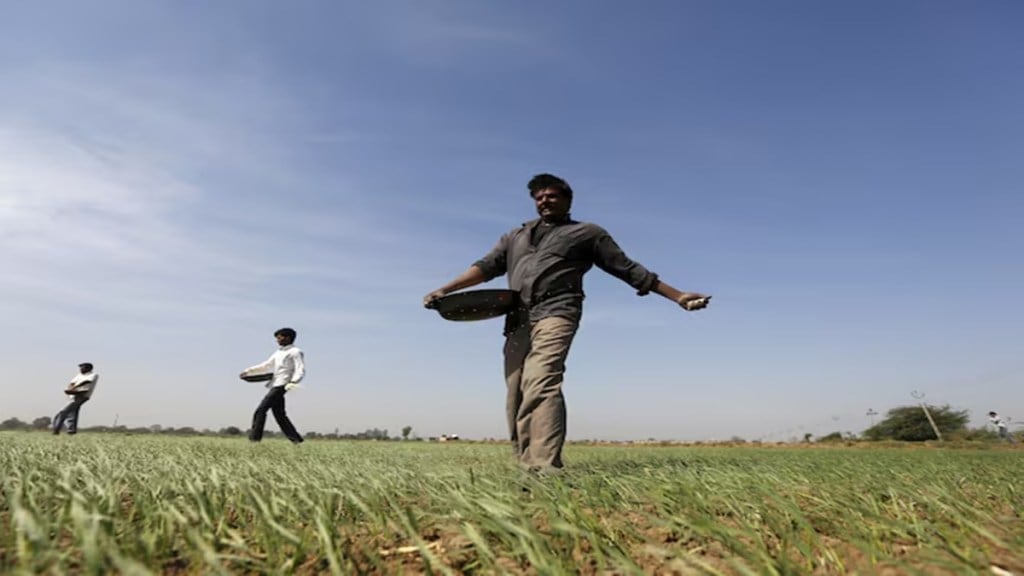Fourteen states have reported a reduction of 1.51 million tonne (MT) in their combined fertiliser consumption in 2023-24 over the average in the previous three years. This has been achieved under the central scheme PM Pranam, which aims at cutting subsidies and incentivising states for balanced use of chemical social nutrients, the government stated in Parliament on Wednesday.
In the three years prior to 2023-24, the annual consumption of fertilisers was around 58 MT.
The government supplies around 60 MT of highly subsidised fertilisers annually to farmers out of which around 18% is met through imports. In 2024-25, the government’s urea subsidy spending was Rs 1.91 lakh crore.
Incentives for reduced chemical fertiliser use
Stating that all the states and union territories are covered under PM Pranam, the fertiliser ministry has noted that there is provision of providing incentives to states for reduction in consumption of fertilizers – urea, Di-ammonia phosphate (DAP), NPK – nitrogen (N), phosphorus (P), and potassium (K) and muriate of potash (MoP).
Under the scheme, 50% of the fertilizer subsidy saved by a state in a particular financial year by way of reduction in consumption of urea, DAP, NPK and MOP compared to previous three years’ average consumption, is passed on as grant.
The fertilizer ministry is encouraging states to adopt alternate fertilizers and promoting organic farming for reducing excessive use of chemical fertilizers which has led to deterioration of soil health. Officials said continuous use of chemical fertilizer alone had deleterious effects on soil health and crop productivity showing deficiencies of other nutrients.
Push for organic and balanced farming
Indian Council of Agricultural Research has recommended soil test based balanced and integrated nutrient management through conjunctive use of both inorganic and organic sources – manure, bio-fertilizers of plant nutrients for judicious use of chemical fertilizers and to improve soil health.
The fertilizer marketing companies have been promoting balanced use of fertilizers, integrated nutrient management and promotion of organic farming.
In case of urea, farmers pay a fixed price Rs 242 per bag (45 kg) against the cost of production of around Rs 2,650 per bag. The balance is provided by the government as a subsidy to fertiliser units. The urea prices have been unchanged since March, 2018.
The retail prices of phosphatic and potassic (P&K) fertiliser, including DAP were ‘decontrolled’ in 2020 with the introduction of a ‘fixed-subsidy’ regime as part of Nutrient Based Subsidy mechanism announced by the government twice in a year.
In June, 2023, the cabinet had approved a PM programme for restoration, awareness generation, nourishment and amelioration of mother-earth (PM-PRANAM) aimed at promotion of balanced use of highly subsidized fertilizers, through providing financial incentives to the states.

